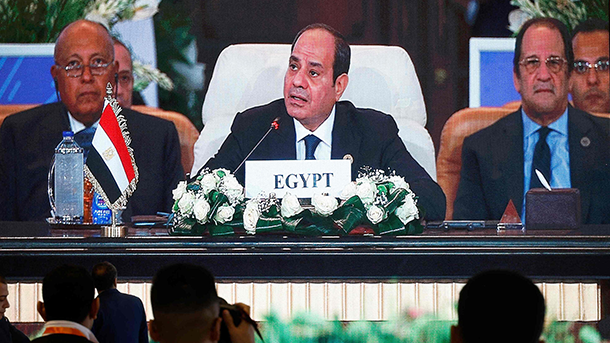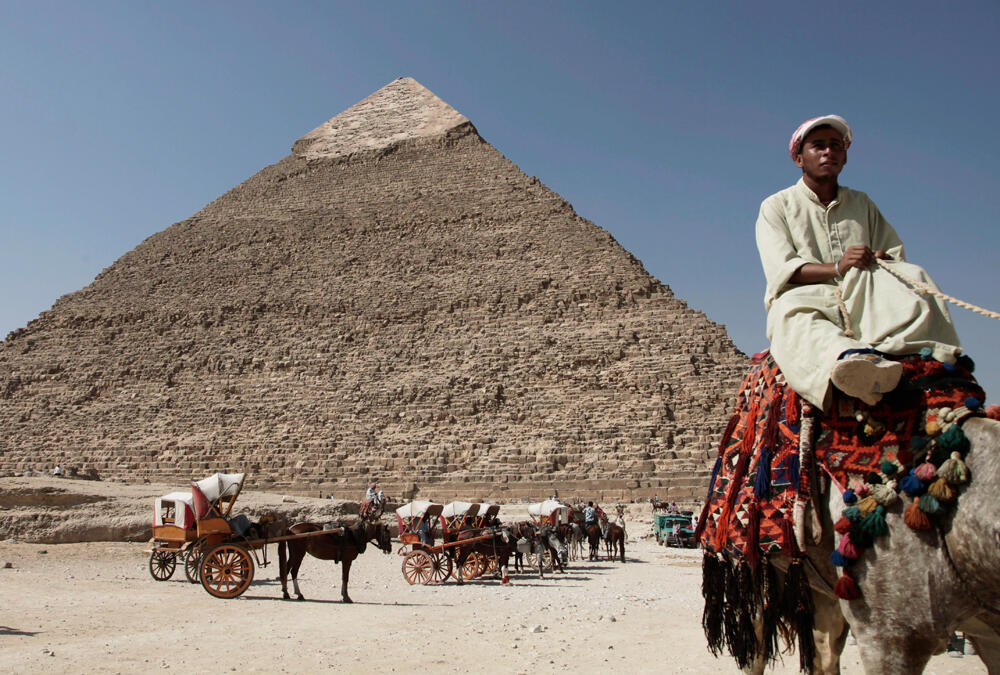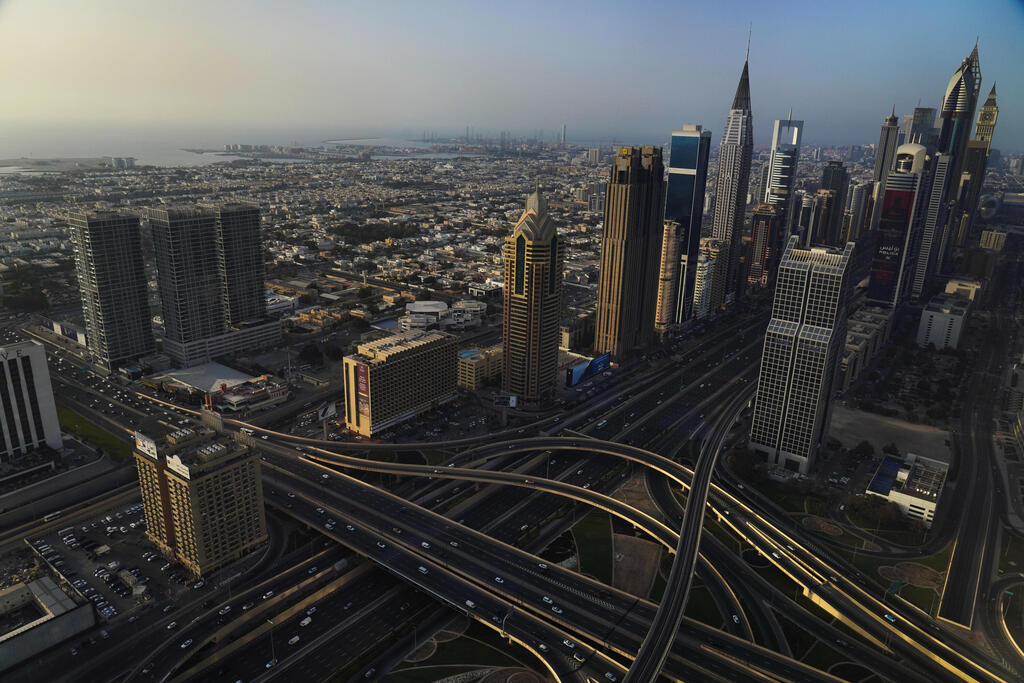Last Friday, Egyptian Prime Minister Dr. Mostafa Madbouly announced an unprecedented agreement with the United Arab Emirates, committing approximately $35 billion to Egypt's economy, of which, $24 billion will be allocated for the construction of Ras al-Hekma, a new city on the Mediterranean coast, located roughly 220 miles northwest of Cairo and 124 miles west of Alexandria.
Read more:
According to Dr. Madbouly, this ambitious project is a key component of Egypt's strategic housing plan for the coming decades, aimed at establishing a "new generation" city. This development will boast residential areas, duty-free economic zones, commercial spaces and tourist attractions, all supported by extensive infrastructure, including a new airport.
The vast Ras al-Hekma project is set to span an area of 1.83 billion square feet. Although the agreement has been signed, the Egyptian government asserts it will retain a 35% stake in the project. This statement counters rumors suggesting Egypt, amid its economic crisis, was divesting its assets, transferring full ownership to the Emirates. The government expects the project to draw up to $150 billion in foreign investments.
Furthermore, Egypt will benefit from an additional $11 billion after the United Arab Emirates announced that a previous deposit of the same amount in the Egyptian central bank will be converted into an investment, effectively providing debt relief.
State-run Egyptian media have lauded the agreement as "historic," suggesting it might significantly alter Egypt's economic trajectory. Independent analysts, particularly those outside Egypt, share this optimism, viewing the deal as a potential economic turning point for Egypt if properly implemented.
However, they express concerns about the real cash influx into Egypt's economy and the project's timeline. Doubts also persist regarding Egypt's capacity to manage such a vast project and the allocation of the $11 billion freed up by the Emirates through this deal.
The landmark deal with the Emirates represents a crucial lift for Egypt's struggling economy, recently hit hard by the fallout from the Gaza war. Additionally, the drop-off in revenues from the Suez Canal due to Houthi attacks in the Red Sea has exacerbated the country's economic woes, causing a severe foreign currency shortage.
The official exchange rate for the U.S. dollar is about 31 Egyptian pounds, yet on the black market, reflecting traders' concerns, it surged to around 70 pounds. However, following the UAE's investment announcement, the black market rate fell to approximately 55 Egyptian pounds as of last Saturday.
In Egypt, where at least 60% of the population faces poverty, the annual inflation rate stands at around 30%, and external debt has soared to approximately $165 billion. With estimated debt repayments of about $30 billion this year, the country's ability to fund development and job creation is significantly hampered.
Egypt now looks forward to the possibility that the Emirati initiative will encourage more Gulf states and other nations to invest in its economic recovery. This comes as Egypt enters a new agreement with the International Monetary Fund, which is expected to secure a loan of between $3 and $6 billion.
Egypt is often viewed as a market full of promising investment opportunities. However, it's hard to untangle the Emirates' financial support to Egypt from the broader regional geopolitical context.
The Emirates appears to believe that, following the cessation of hostilities in the Gaza Strip, Egypt will play a crucial role in the region's economic and political recovery. To that end, achieving greater domestic stability in Egypt is vital.
Meanwhile, the Emirates is solidifying its foothold in the Egyptian market, strategically positioning itself for potential reconstruction projects in the Gaza Strip.




